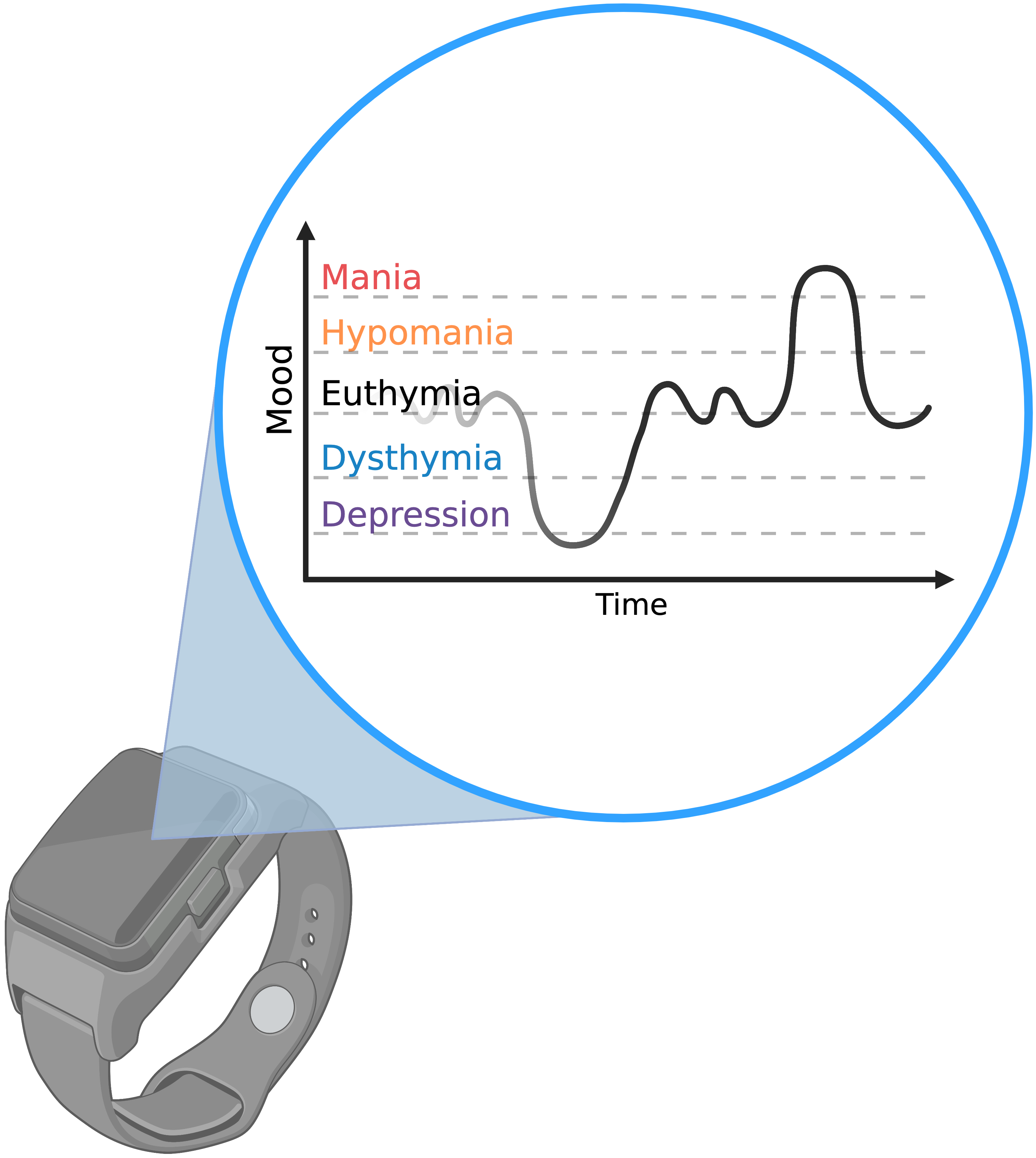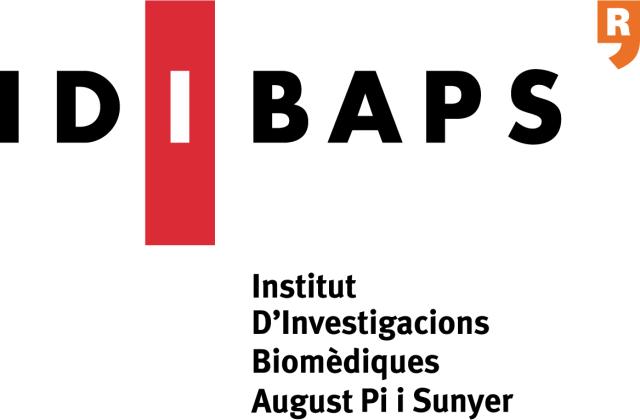Mission
A timely detection of the pathological mood fluctuations in bipolar disorder (BD) is crucial
in establishing effective treatments, preventing adverse outcomes, and improving the overall
prognosis of this severe and recurrent illness. However, the diagnosis, treatment, and
assessment of BD episodes are still solely based on subjective information collected through
clinical interviews, questionnaires, and scales. Thus, the criteria for prescribing
medications in BD are still primarily dictated by a trial-and-error approach resulting in
roughly 40% of individuals having the expected response. During these uncertain and lengthy
periods, adverse outcomes are frequent (i.e., side-effects, relapses, suicide attempts).
Wearable devices are now capable of incorporating a wide array of sensors to collect digital
biomarkers to gain insight into an individual's behavioral, stress and sleep patterns
alongside other neurophysiological parameters.
Our mission with INTREPIBD is to identify specific illness physiological patterns based on
digital biomarkers (i.e., Actigraphy, EDA, Heart rate variability) collected with a novel
wearable device and to follow-up symptoms with a smartphone app. Based on this data, we also
aim to determine objective digital signatures of treatment response and predicted outcomes
through exploratory analyses and innovative modelling of multi-modal data powered by machine
learning.
The identification of these parameters could mark a breakthrough advancement in real-world
clinical practice as it will provide both clinicians and patients with the necessary
objective parameters to timely detect acute episodes and determine treatment response.












